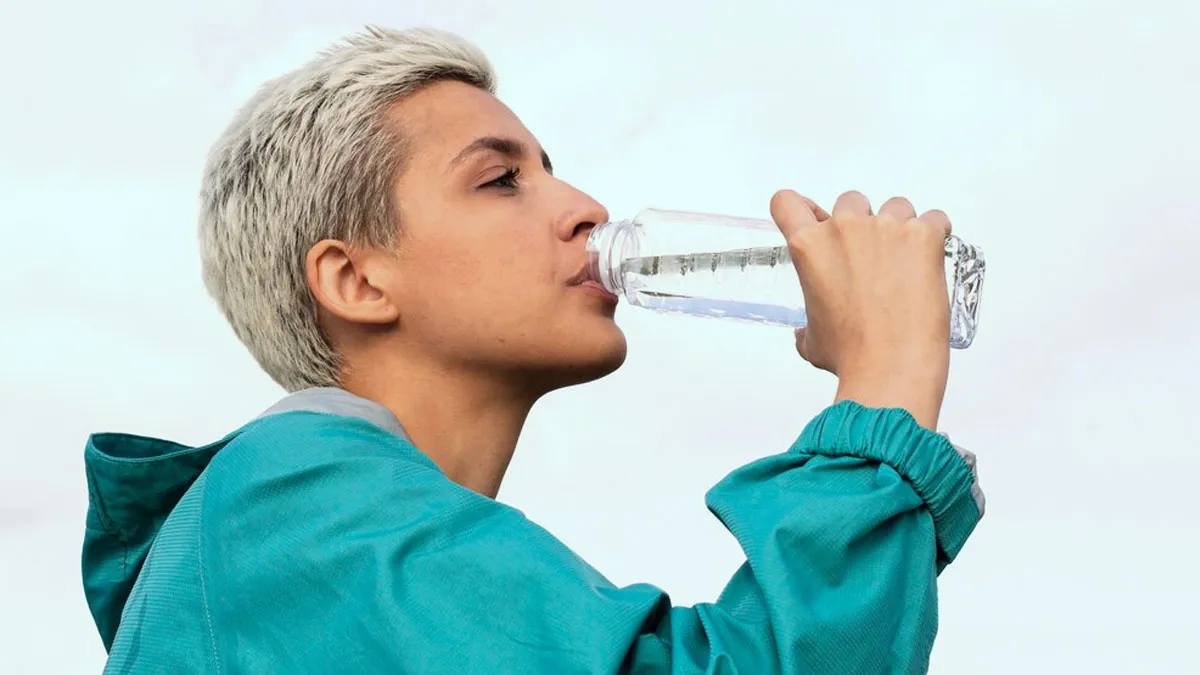
Have you ever wondered why some people seem to be constantly thirsty, no matter how much water they drink? This persistent, excessive thirst, known as polydipsia, is more than just a need to hydrate; it often points to an underlying health issue. From diabetes to psychiatric conditions, polydipsia can arise from various causes, each with its implications. We spoke to Dr Amit Saraf, Director, Internal Medicine, Jupiter Hospital, Thane, who explained the reasons behind this condition, its symptoms, and the steps you can take to address it effectively.
Table of Content:-
What Is Polydipsia?

According to the Journal of Psychosomatic Research, polydipsia refers to the excessive consumption of fluids, generally exceeding three litres per day. Psychogenic Polydipsia (PPD) occurs without a clear medical cause and is commonly associated with conditions, such as schizophrenia, Obsessive-Compulsive Disorder (OCD), anxiety, alcohol use disorder, and other psychotic disorders.
Causes of Polydipsia
The root causes of polydipsia often relate to specific medical conditions or lifestyle factors. Here are some listed by Dr Saraf:
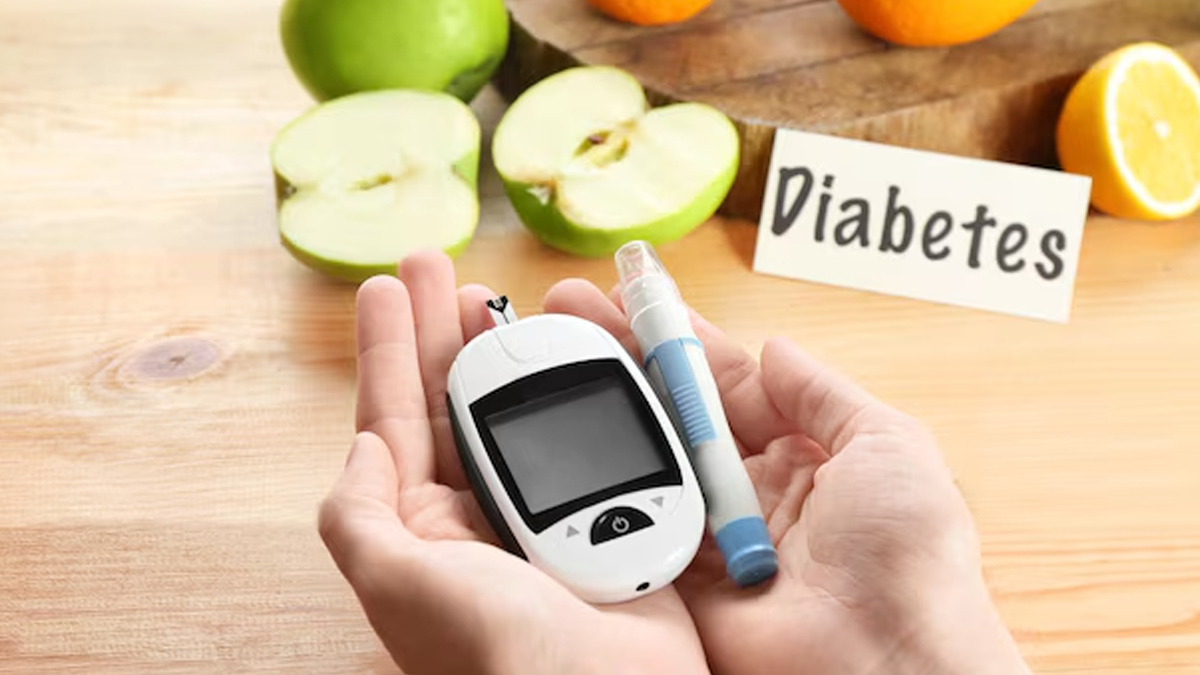
- Diabetes Mellitus: High blood sugar levels lead to frequent urination (polyuria), which causes dehydration and triggers increased thirst.
- Diabetes Insipidus: This condition arises from reduced secretion or response to Antidiuretic Hormone (ADH). The lack of ADH results in excessive water loss through urine, prompting intense thirst.
- Psychogenic Polydipsia: Excessive water intake is driven by psychiatric disorders, such as schizophrenia or anxiety. This compulsive behaviour can disrupt the body's water balance.
- Medications: Certain drugs, including diuretics or anticholinergic medications, may increase thirst and urinary output.
- Electrolyte Imbalances: Conditions like hypernatremia (high sodium levels) or hypercalcemia (high calcium levels) can stimulate thirst as the body attempts to restore electrolyte balance.
- Other Conditions: Kidney disease, dehydration, and hormonal imbalances, such as primary aldosteronism can also contribute to excessive thirst.
Also Read: What Could Be Causing Excessive Thirst At Night?
Symptoms Associated with Polydipsia
Individuals with polydipsia often experience the following symptoms:
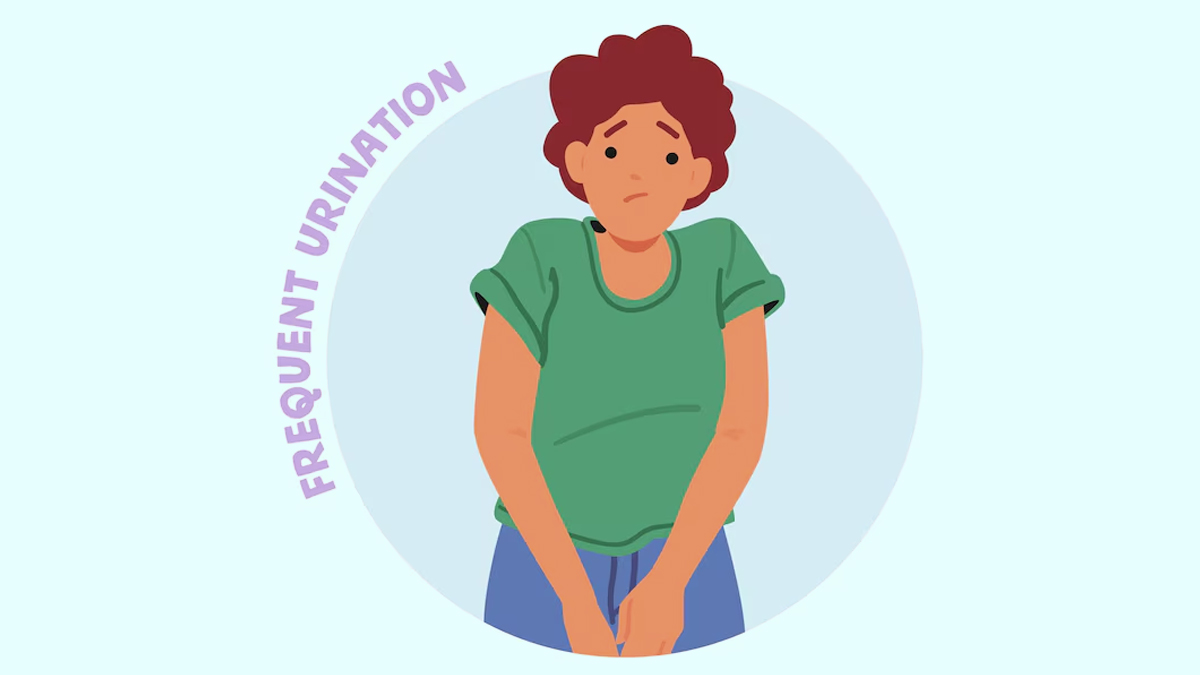
- Persistent and intense thirst, regardless of water intake.
- Increased water consumption which may disrupt daily activities.
- Frequently accompanied by polyuria (excessive urination), which can further contribute to dehydration.
Diagnosis of Polydipsia
Accurate diagnosis of polydipsia involves a comprehensive evaluation of the patient’s medical history, physical examination, and laboratory tests. Dr Saraf listed the key diagnostic steps as follows:
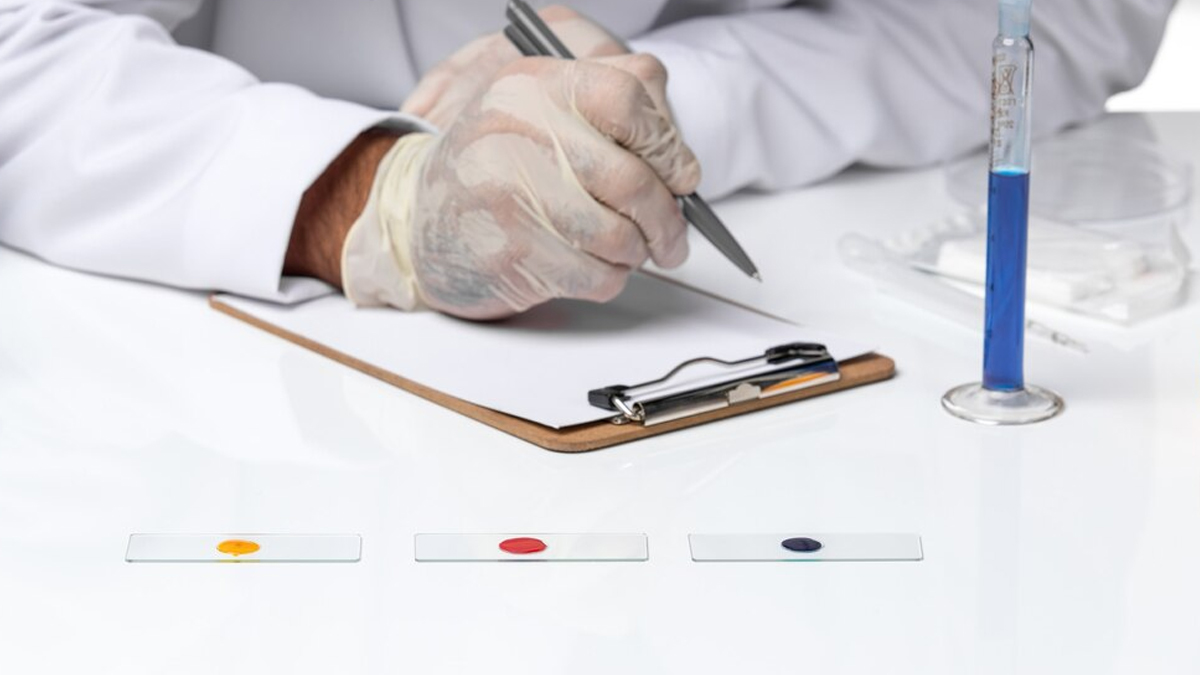
Medical History and Physical Exam: Evaluating fluid intake, urination patterns/frequency and potential contributing conditions.
Laboratory Tests:
- Blood glucose levels: To rule out diabetes mellitus as a potential cause
- Electrolyte levels: Measuring sodium, potassium, and calcium levels to detect imbalances.
- Kidney function tests: Assessing the kidneys' efficiency in maintaining fluid and electrolyte balance.
- Urine osmolality and specific gravity: Evaluating the concentration of solutes in urine to understand the body’s hydration status.
- Water Deprivation Test: This test is beneficial for diagnosing diabetes insipidus. It assesses the body’s ability to concentrate urine in the absence of water intake.
Treatment For Polydipsia
Managing polydipsia effectively requires addressing its root cause. Here are common treatment approaches based on the underlying condition:
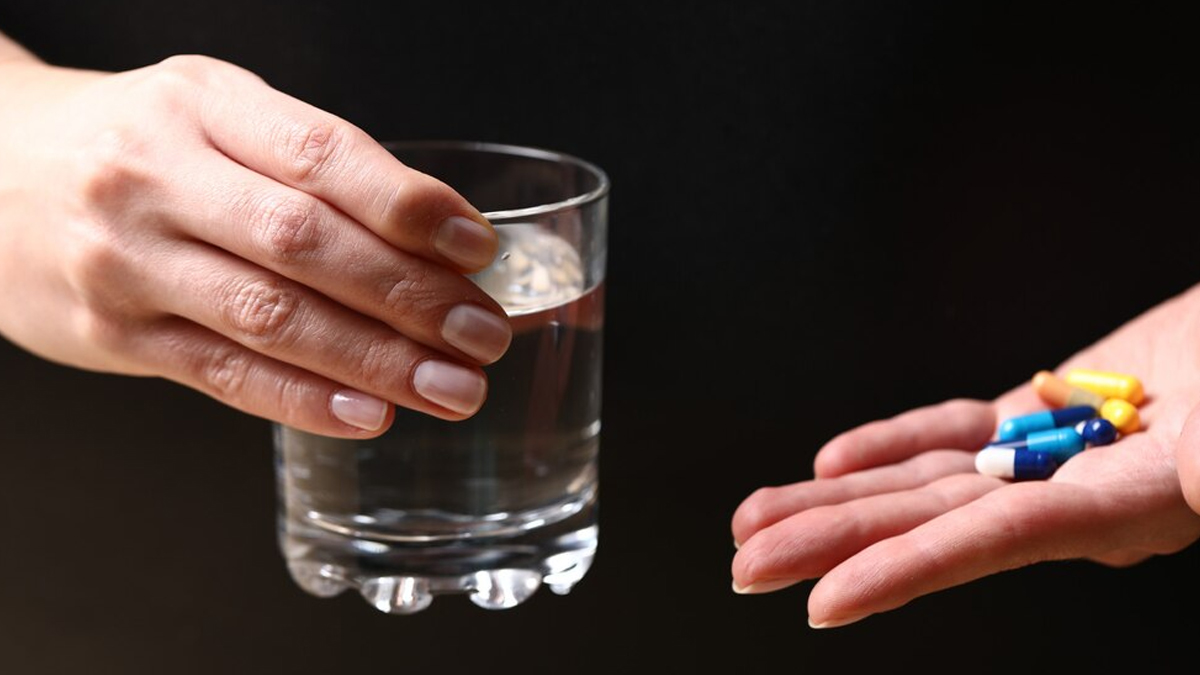
- Diabetes Mellitus: Treatment involves blood sugar control through insulin or oral anti-diabetic medications. Dietary changes, such as reducing sugar intake and increasing fibre consumption, also play a vital role.
- Diabetes Insipidus: Desmopressin (a synthetic form of ADH) is prescribed for central diabetes insipidus. In nephrogenic diabetes insipidus, treatments focus on improving kidney responsiveness through medications or dietary adjustments.
- Psychogenic Polydipsia: Behavioural therapy and psychiatric treatment are crucial. Cognitive-Behavioural therapy (CBT) can help address the compulsive drinking behaviour associated with this condition.
- Electrolyte Imbalance: Correcting the imbalance involves dietary modifications or specific medications to restore electrolyte levels.
Why Seeking Medical Help Matters
Polydipsia can significantly impact the quality of life and signal serious underlying health issues.
According to a 2021 study, polydipsia can cause water intoxication when the kidneys are unable to eliminate the excess fluid, leading to cerebral or visceral oedema. This condition often triggers a range of neurological, gastrointestinal, and psychiatric symptoms, including nausea, vomiting, delirium, seizures, and even coma. Hence, consulting a healthcare provider ensures timely diagnosis and appropriate management, preventing long-term complications.
[Disclaimer: This article contains information provided by an expert and is for informational purposes only. Hence, we advise you to consult your professional if you are dealing with any health issues to avoid complications.]
Also watch this video
How we keep this article up to date:
We work with experts and keep a close eye on the latest in health and wellness. Whenever there is a new research or helpful information, we update our articles with accurate and useful advice.
Current Version